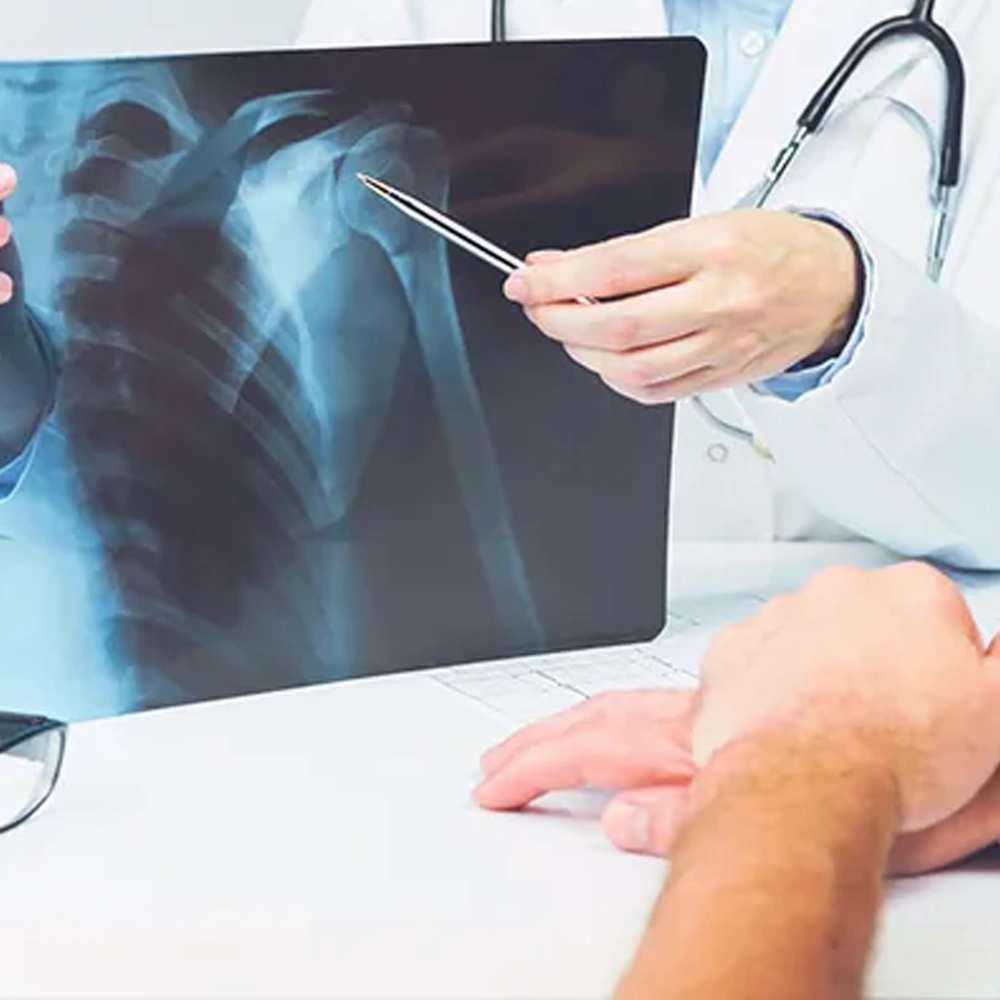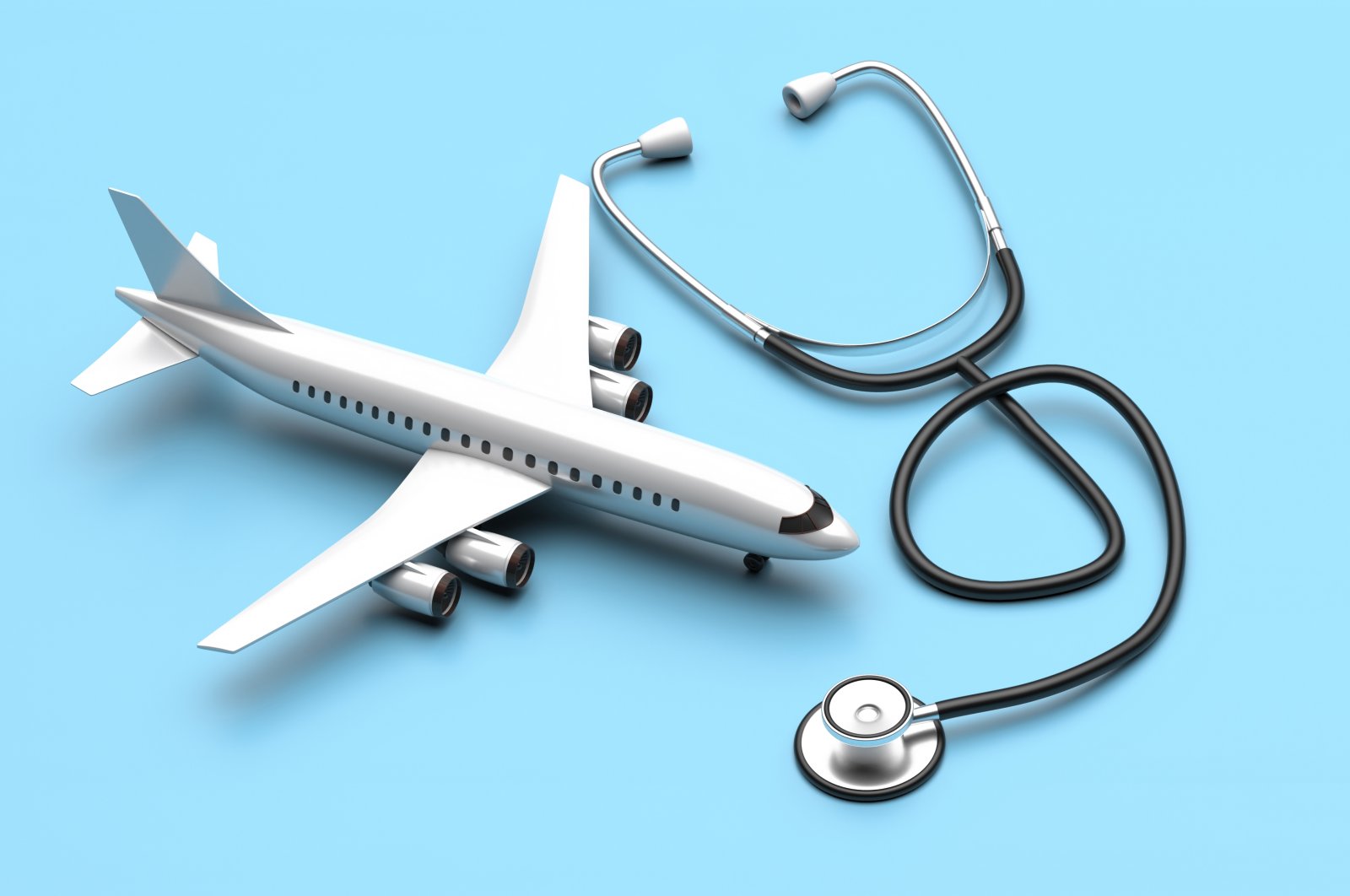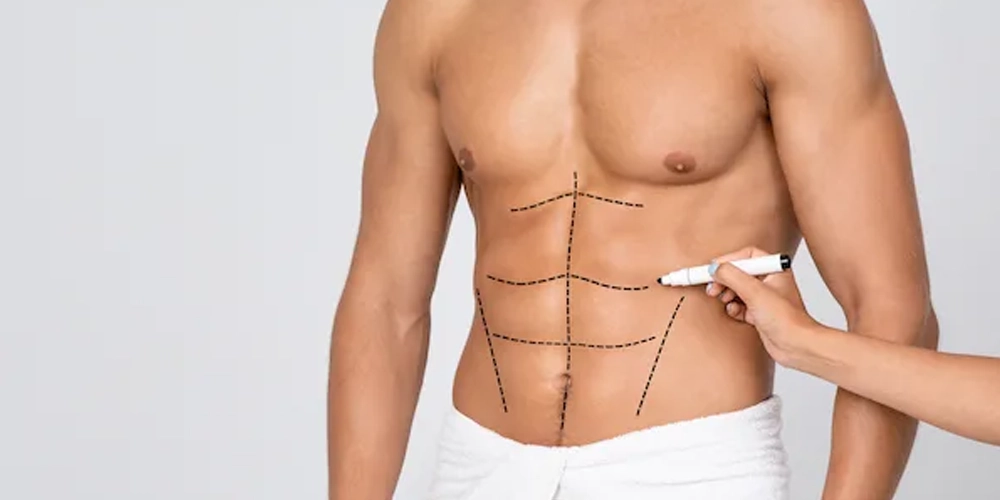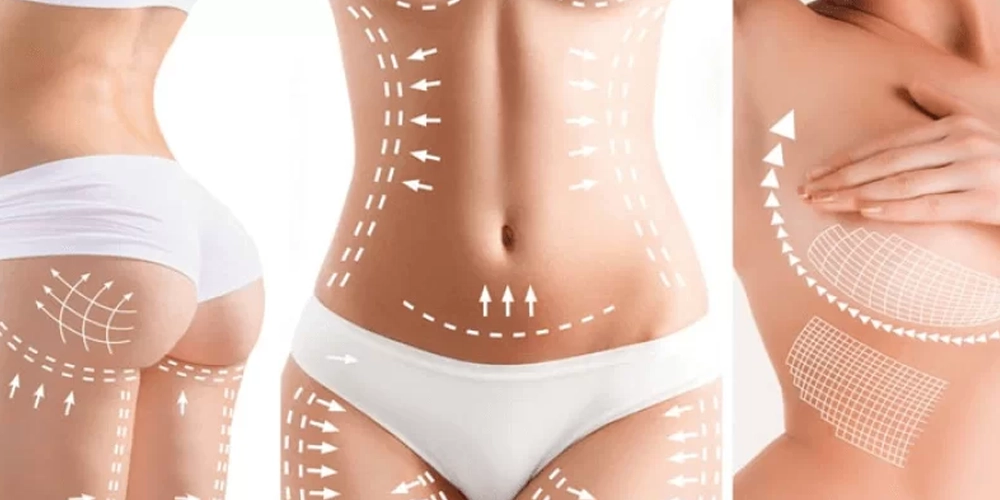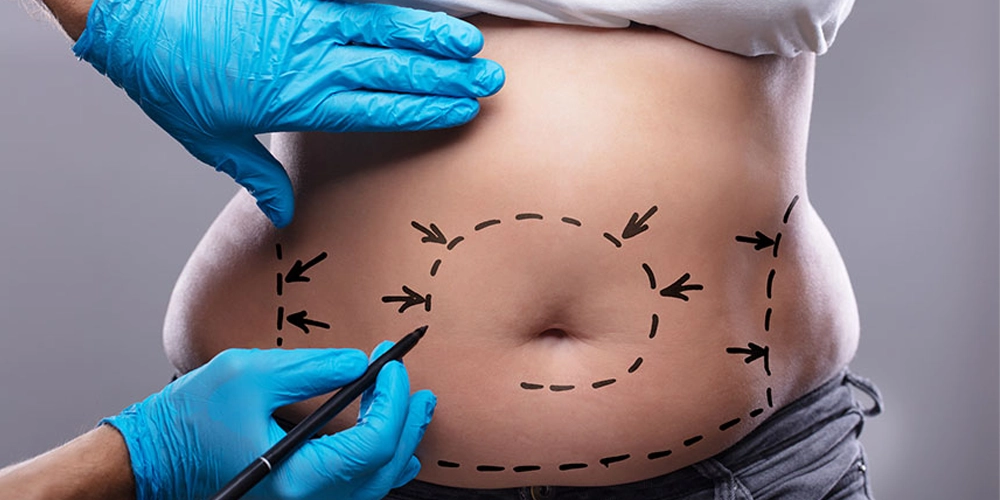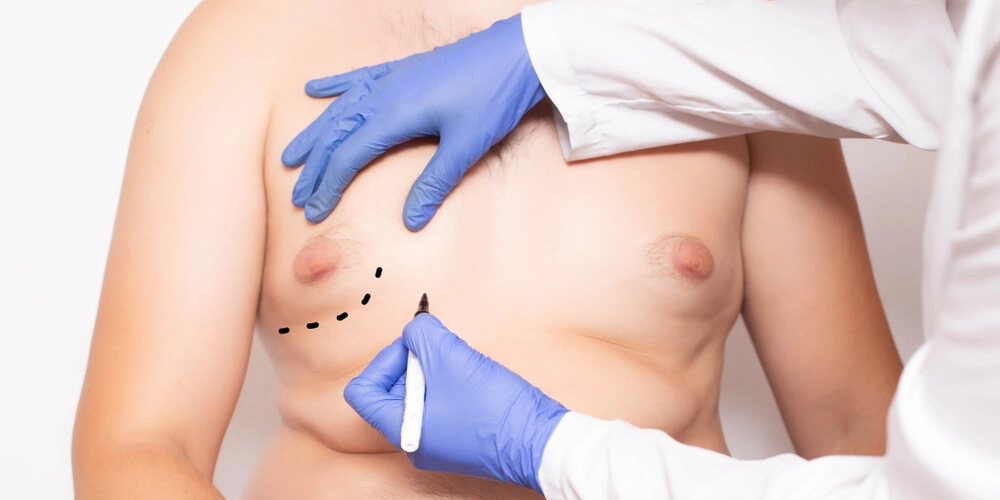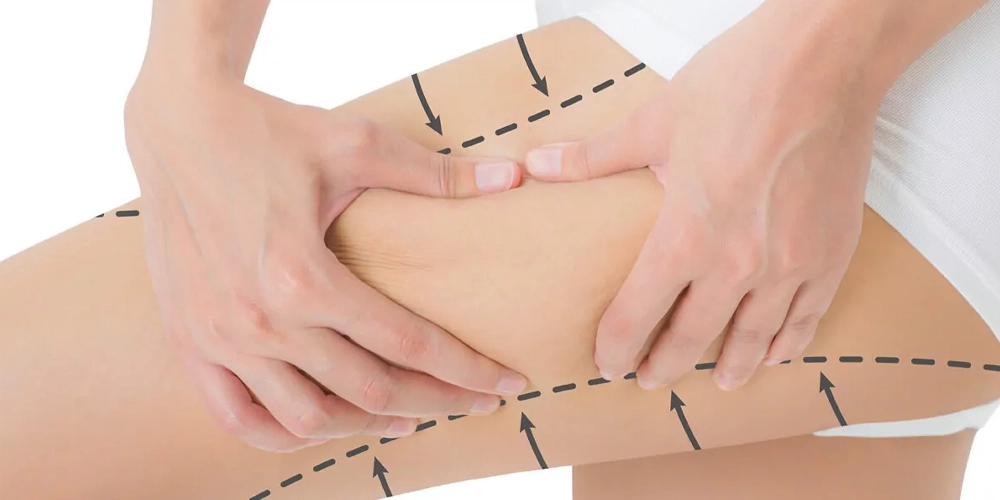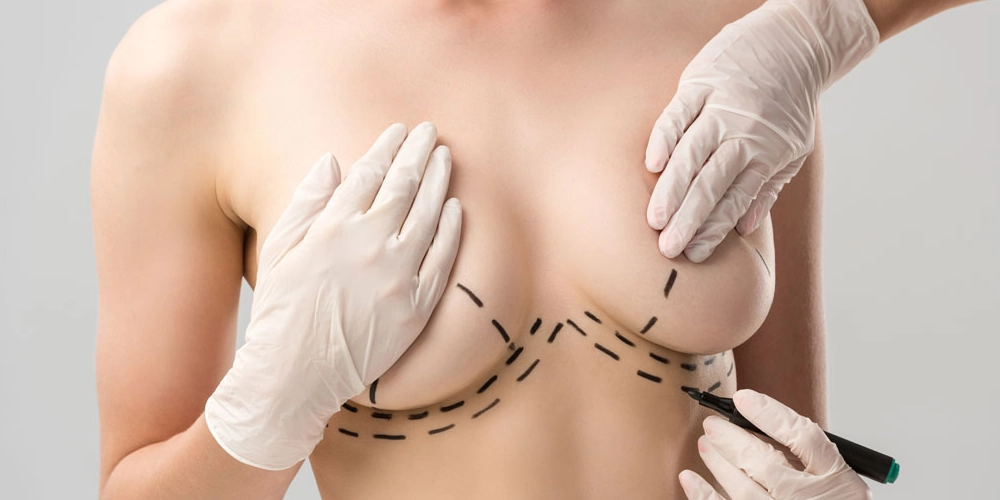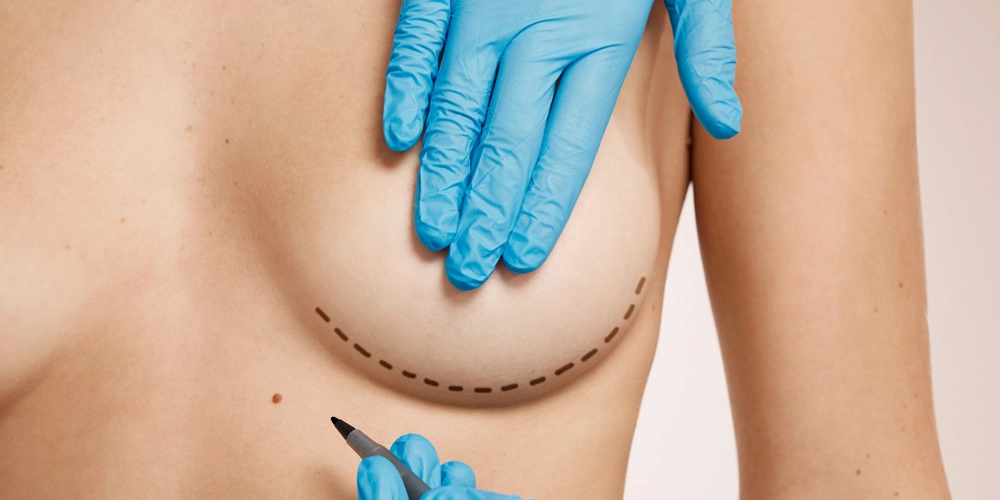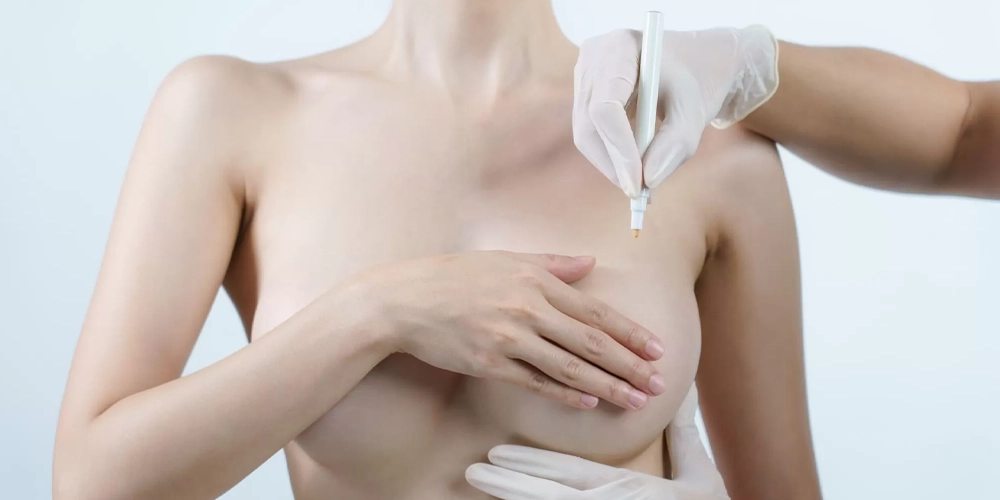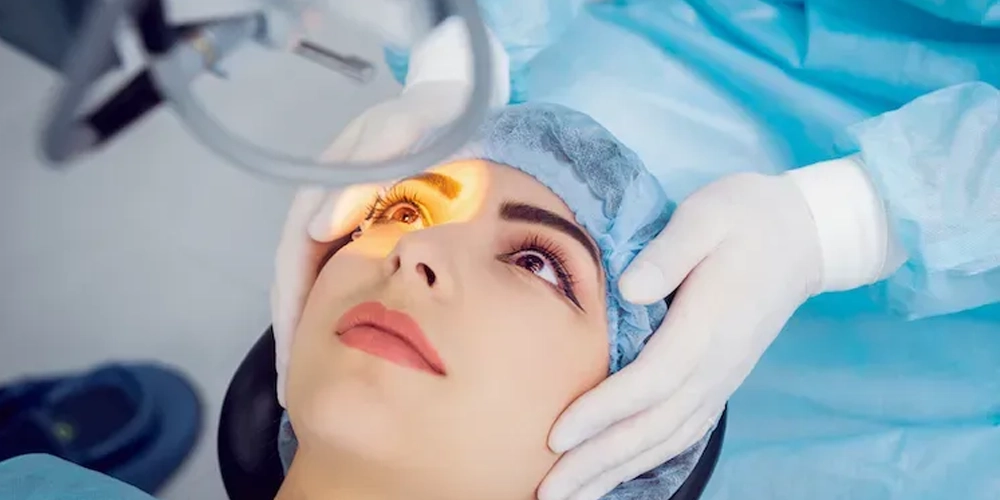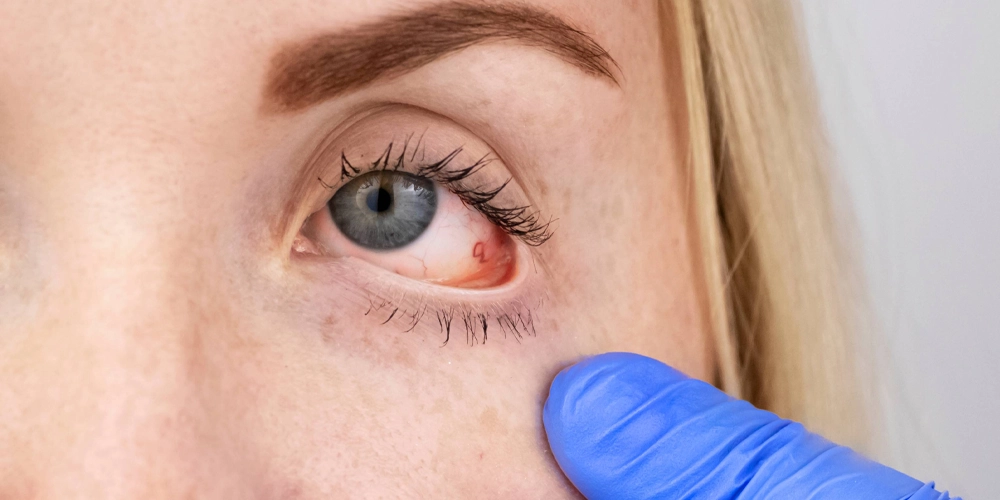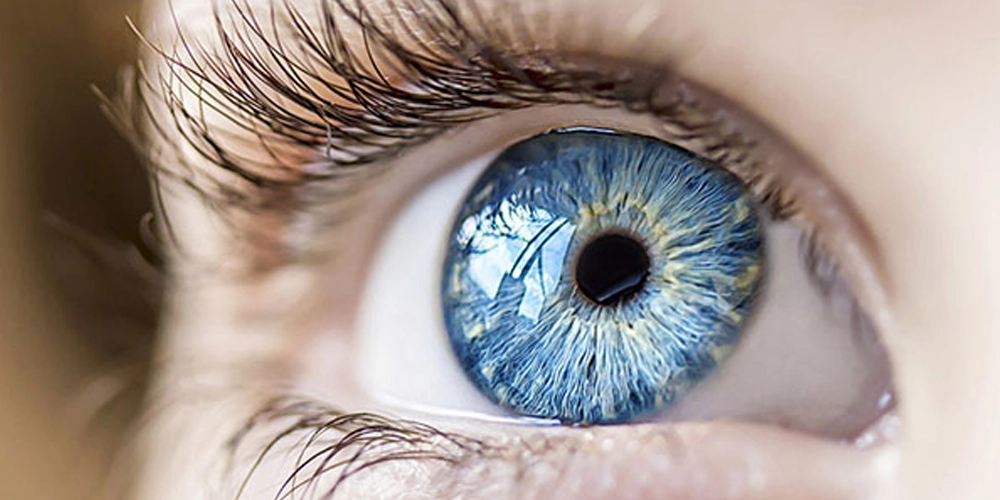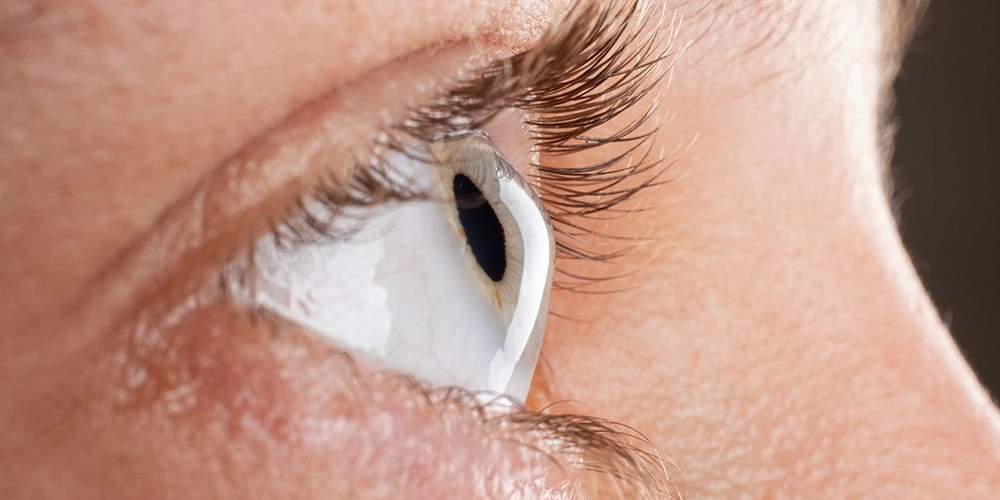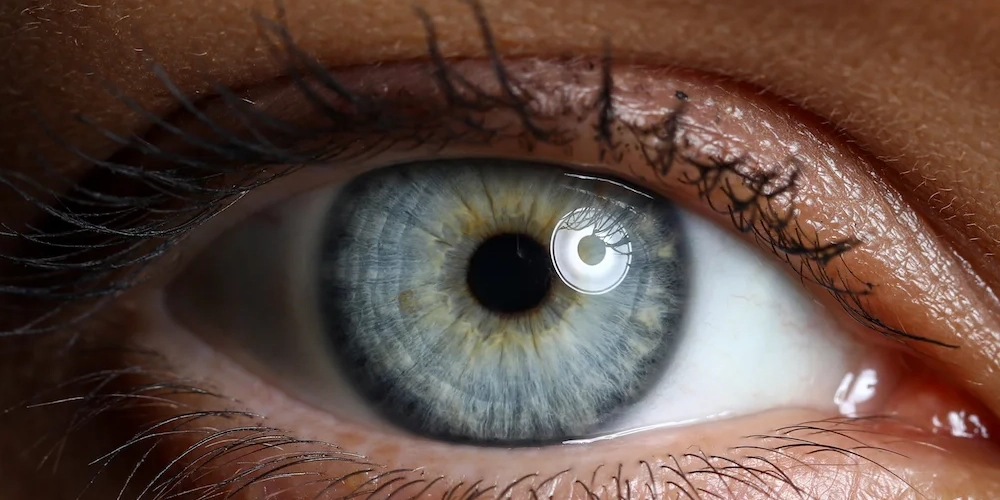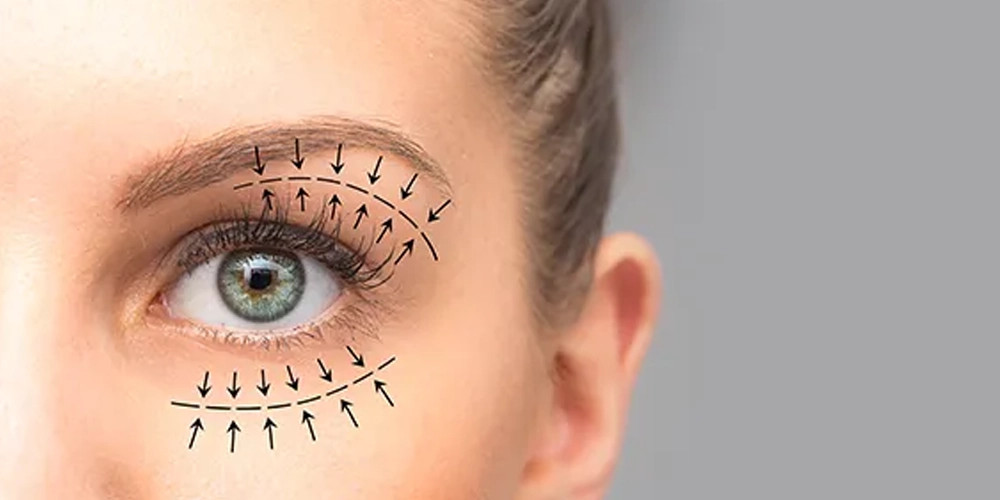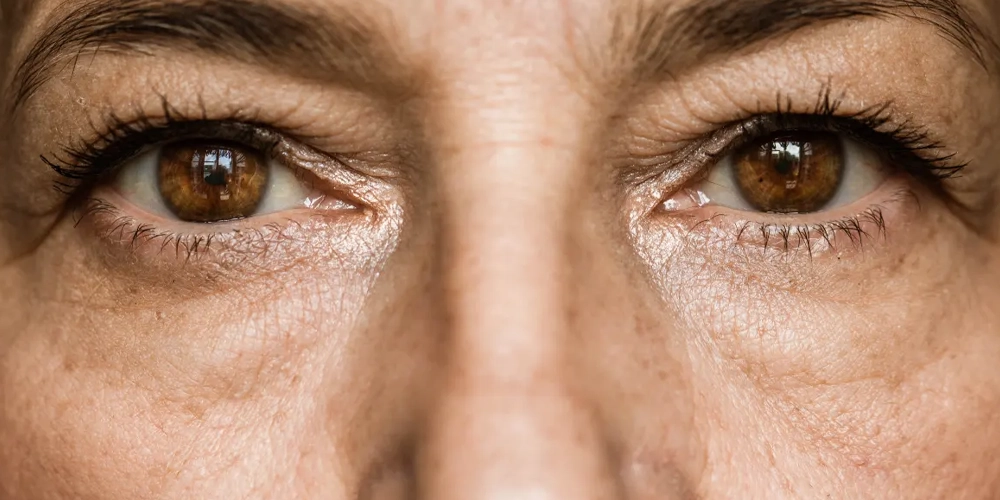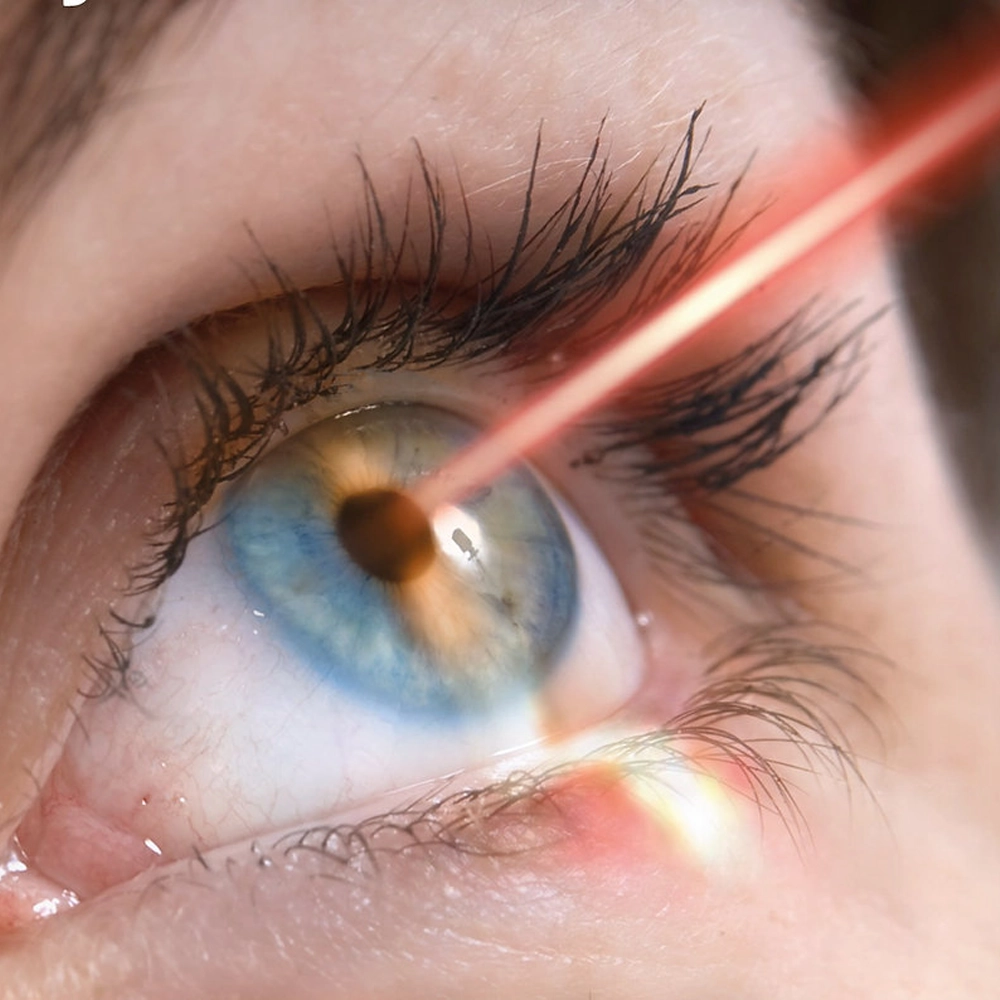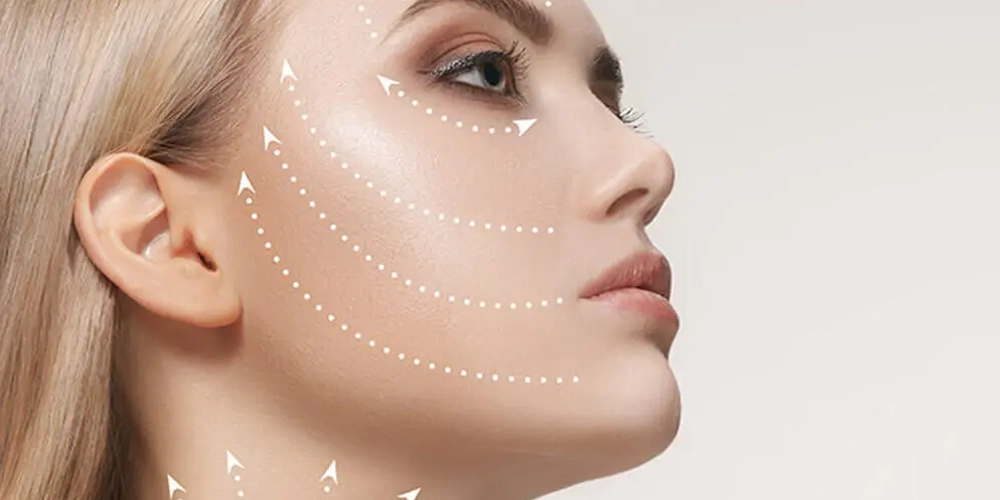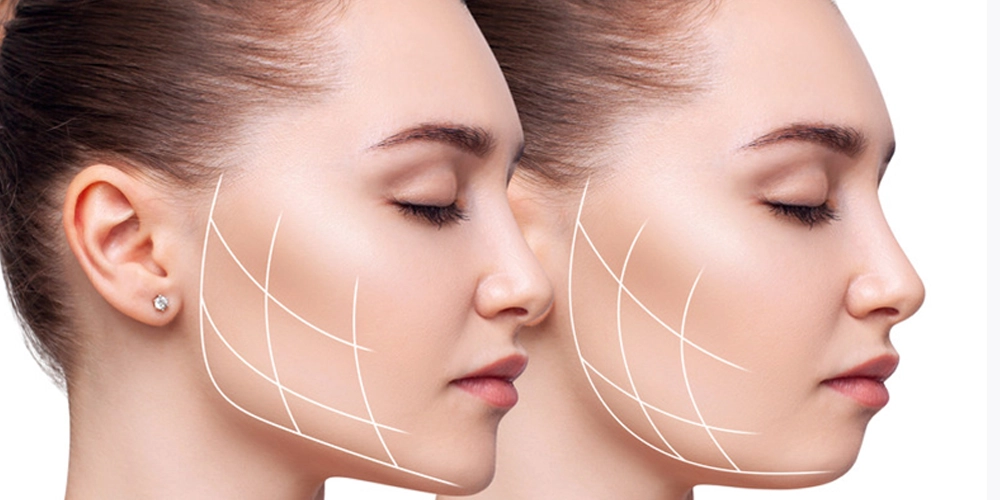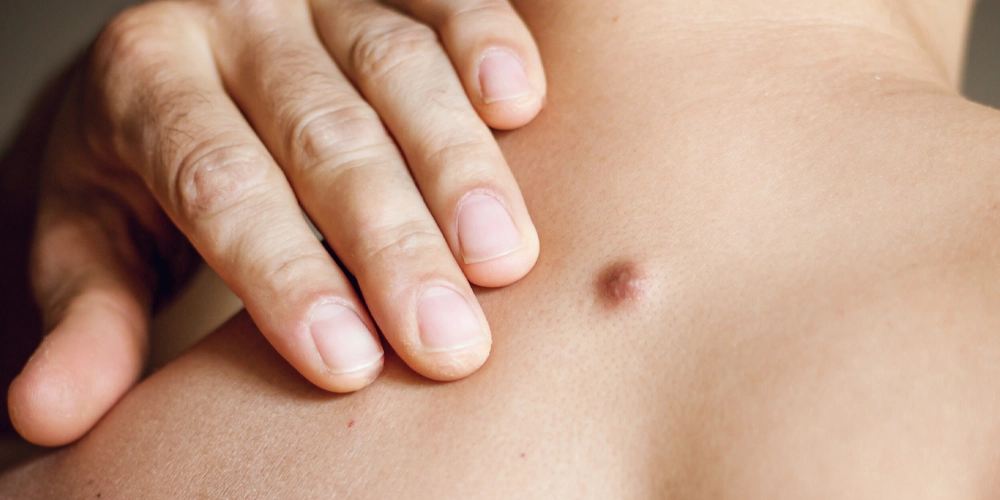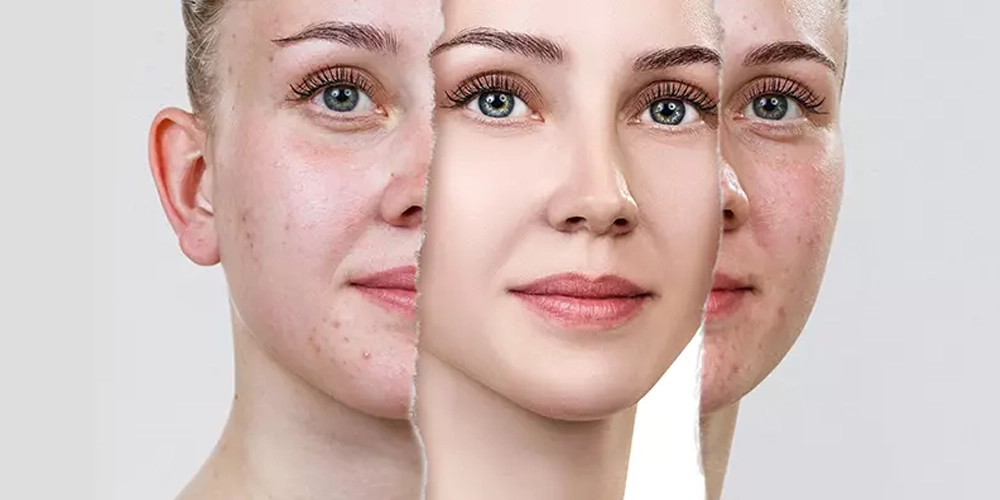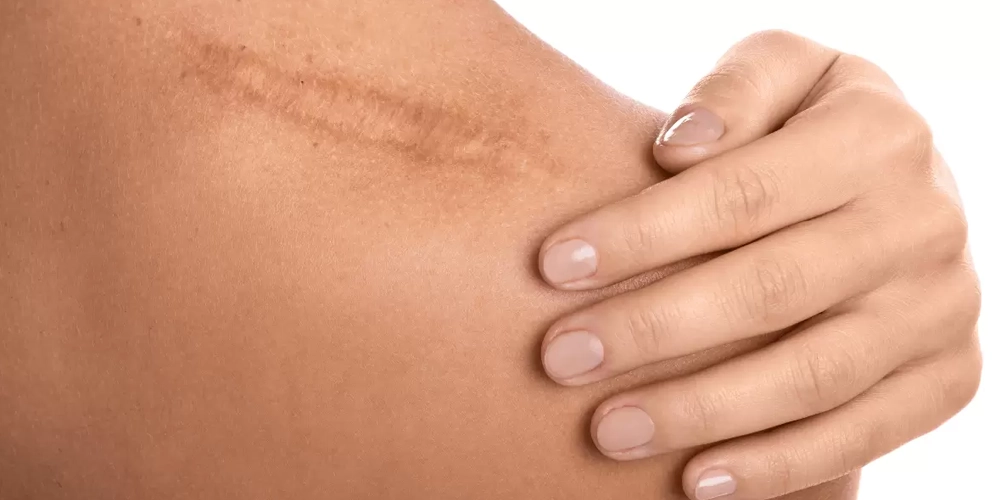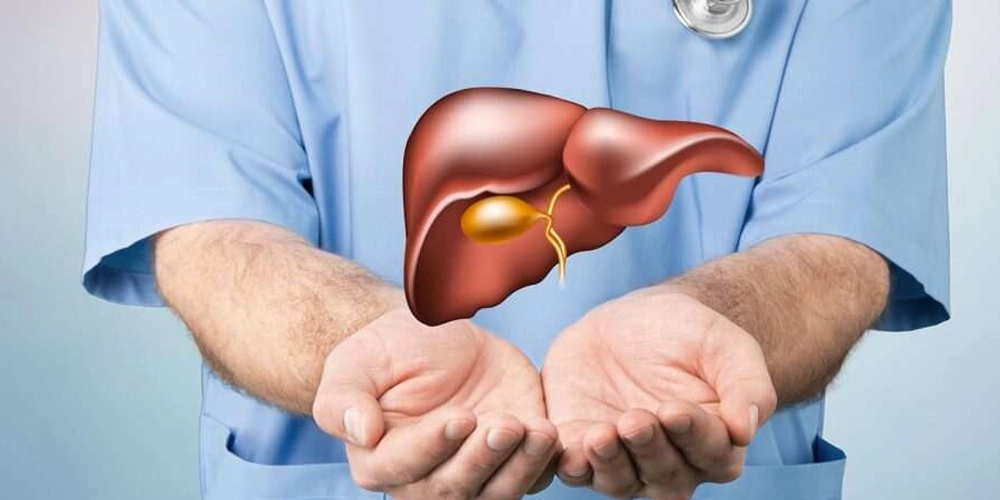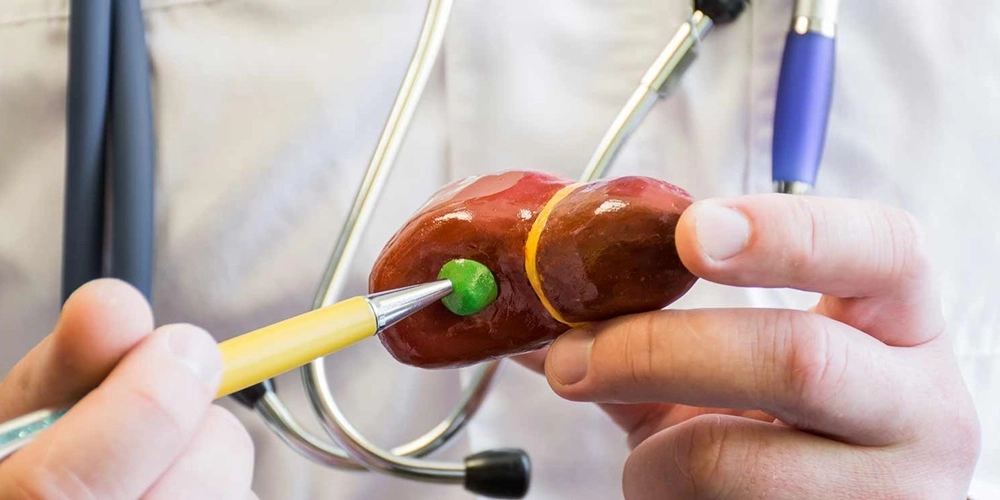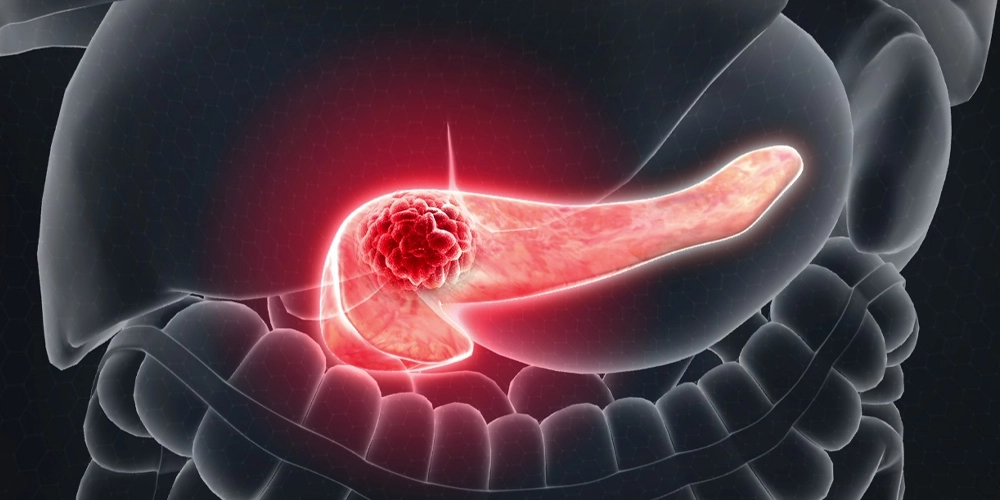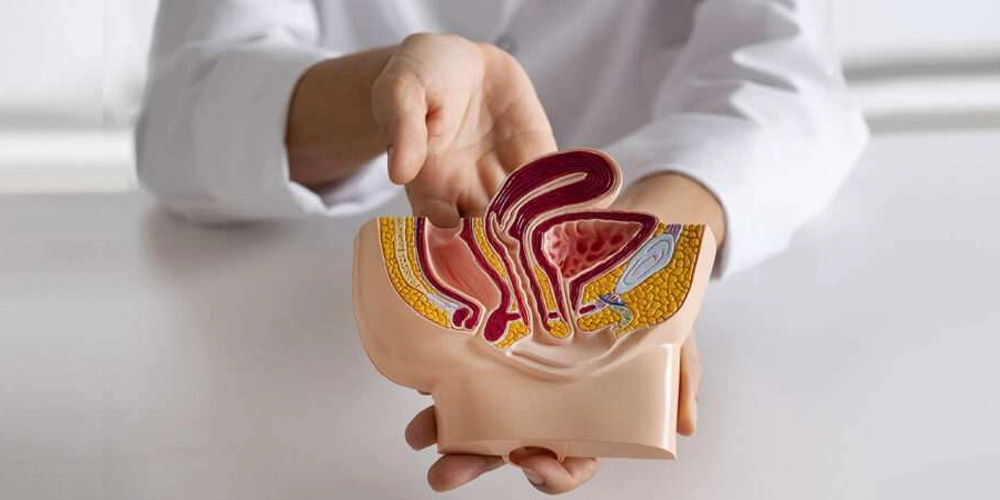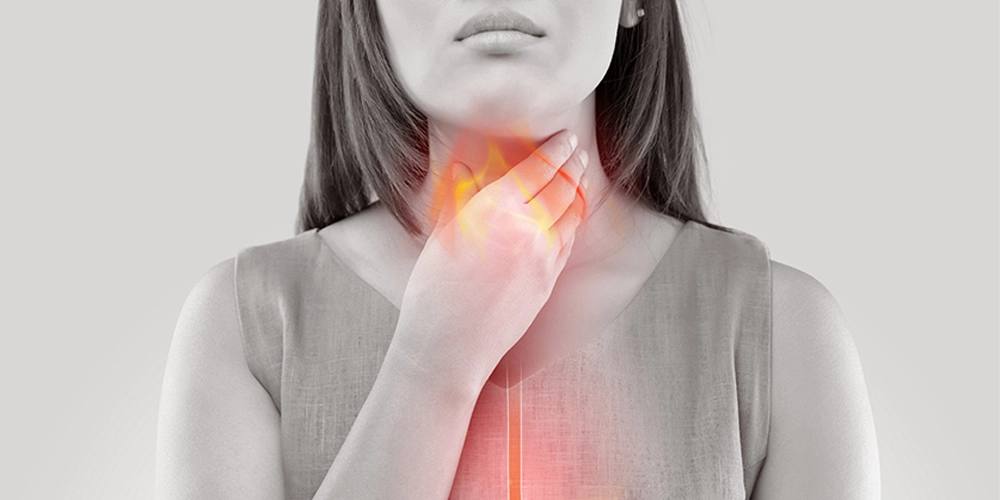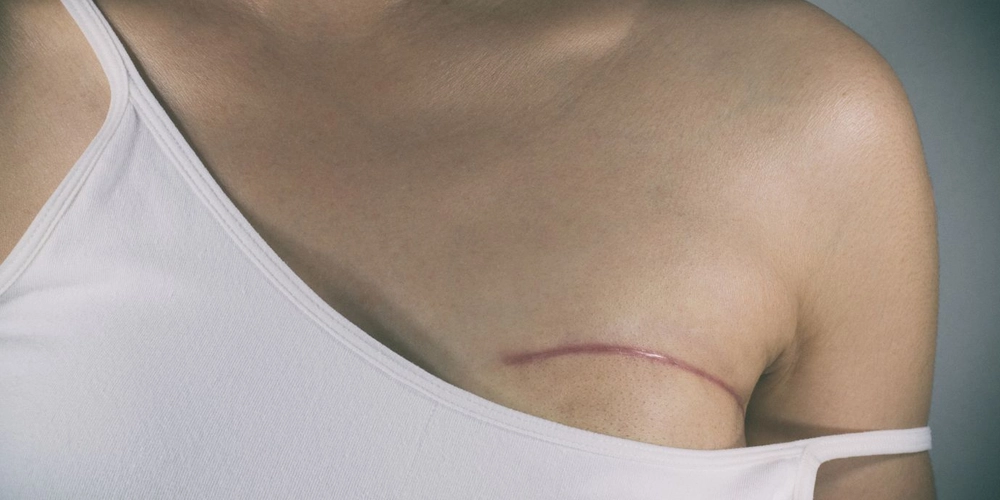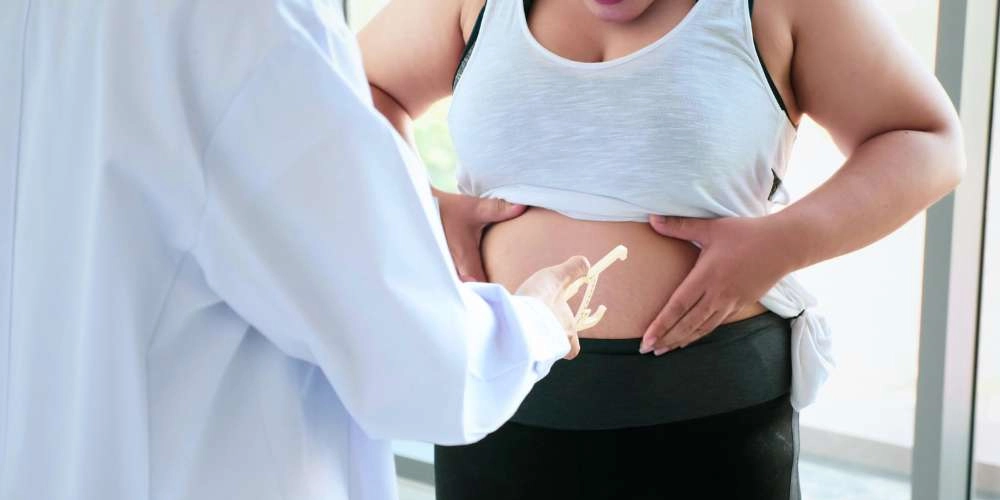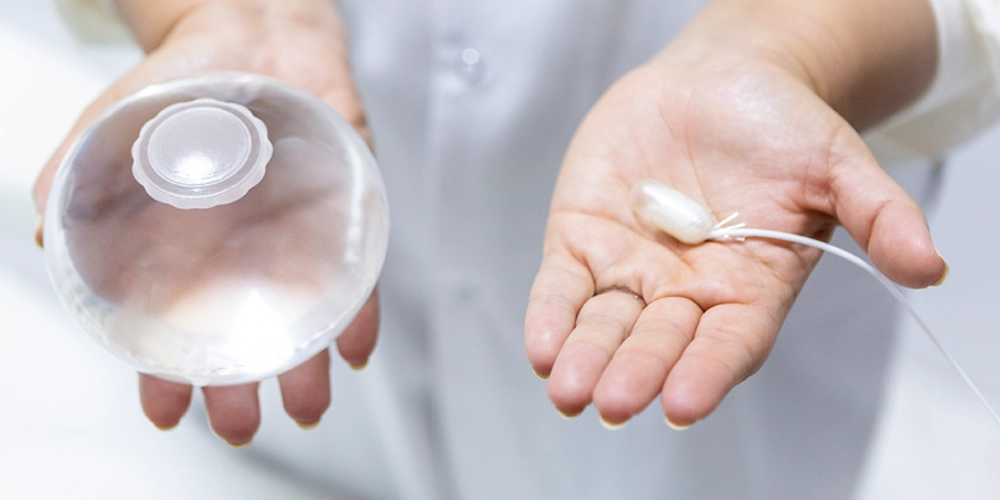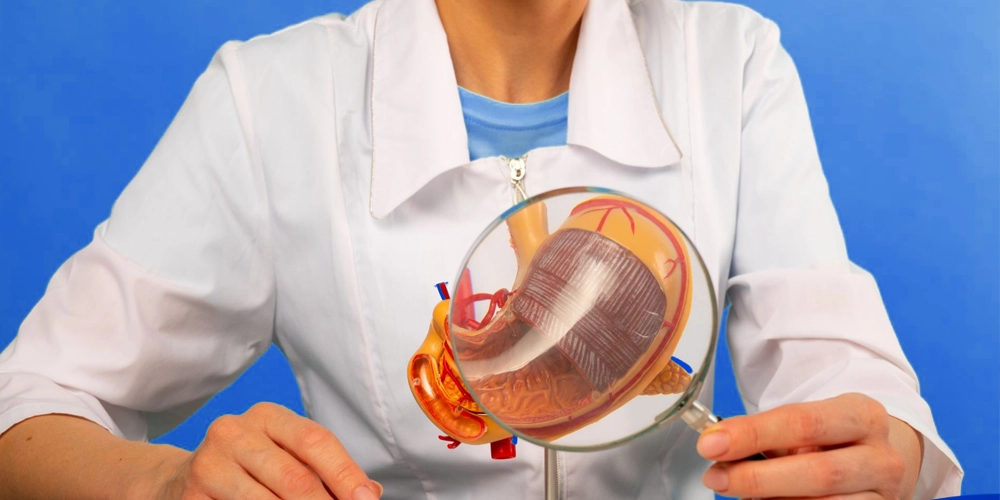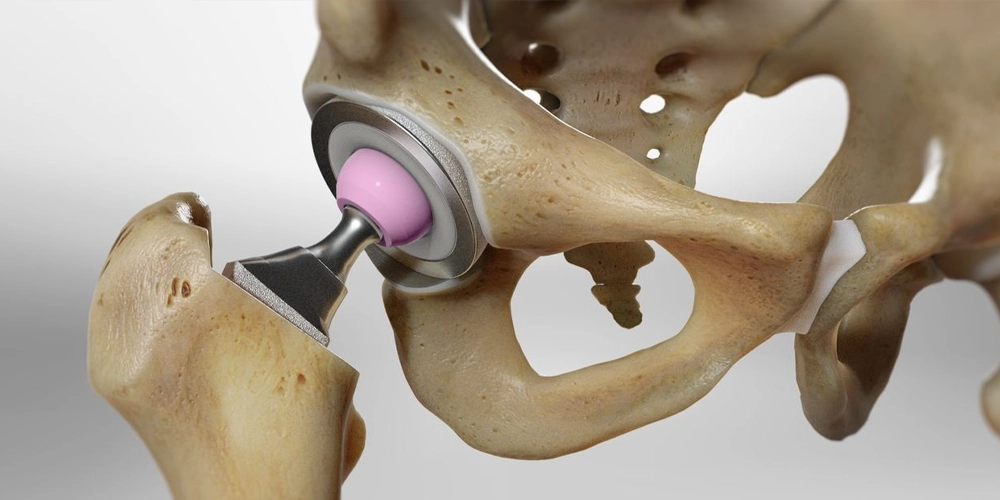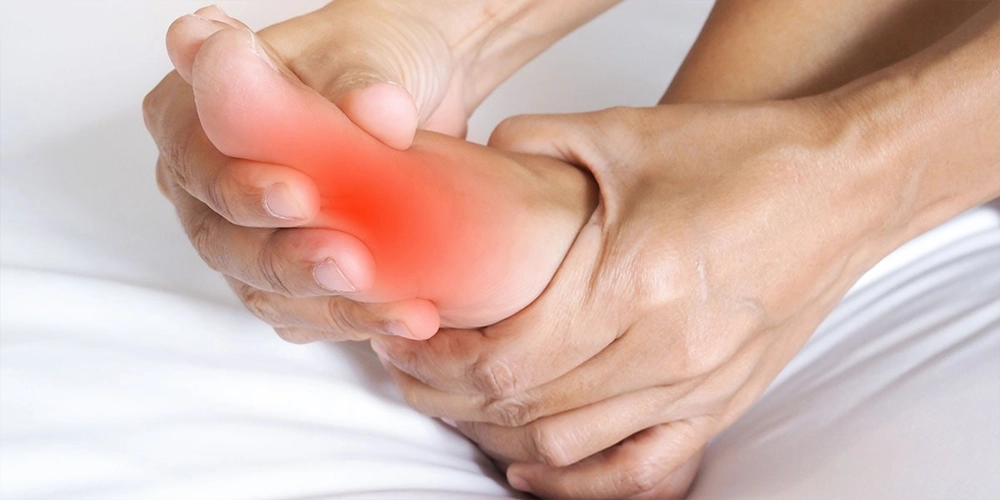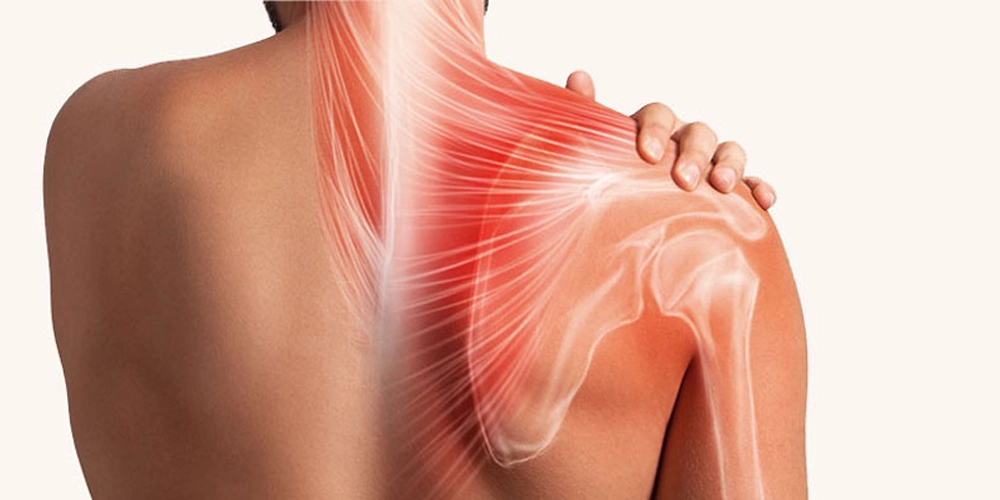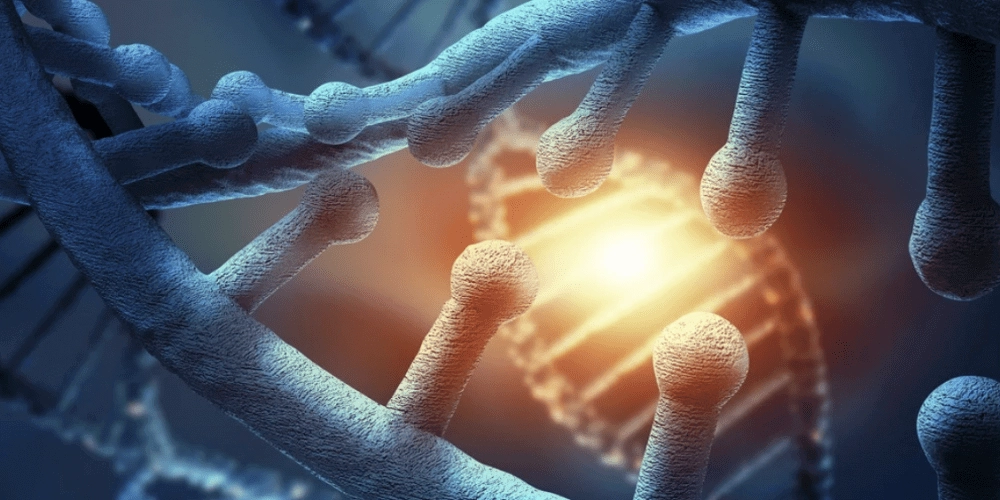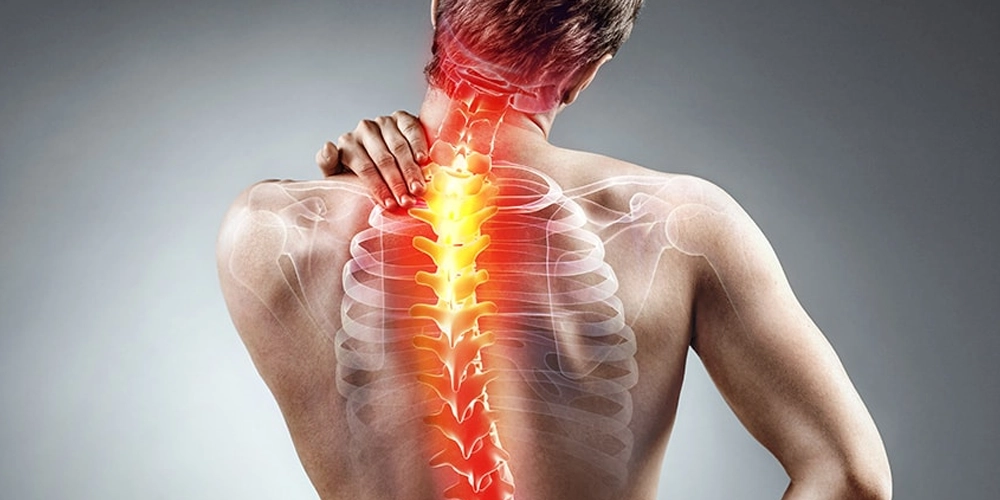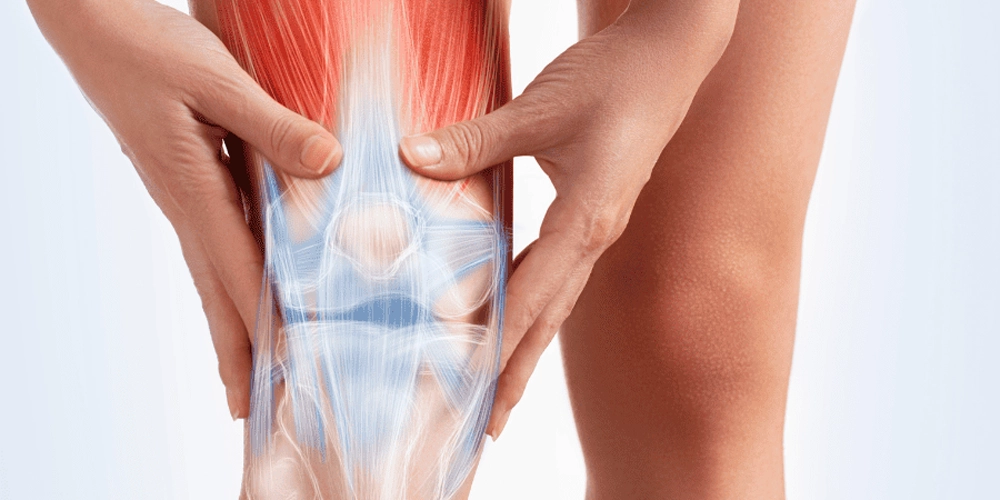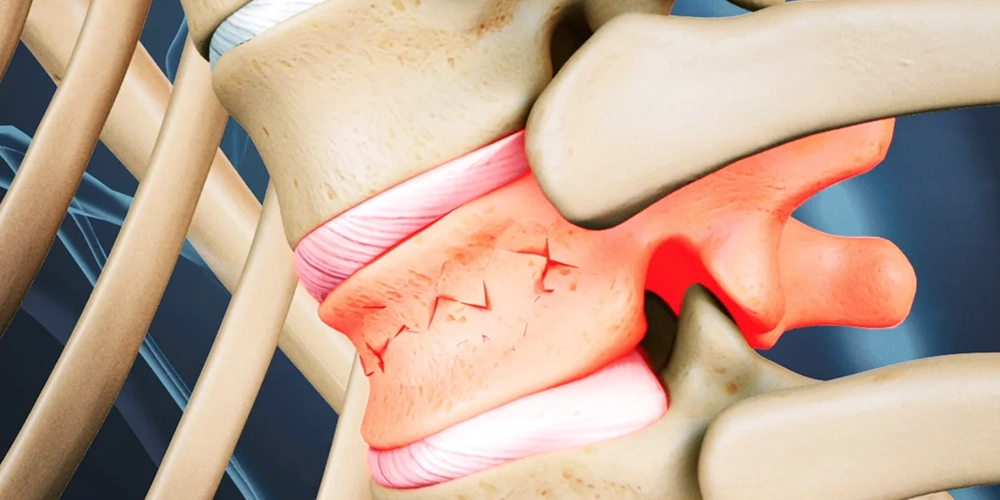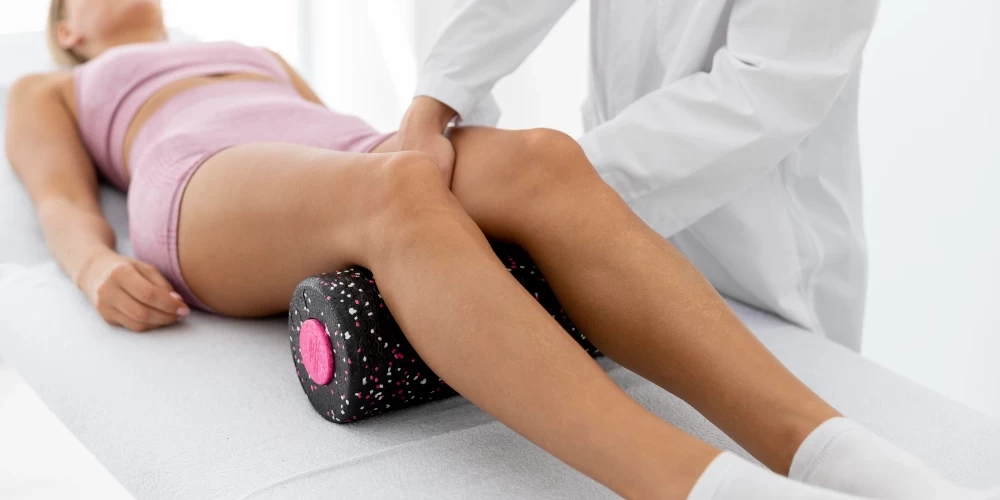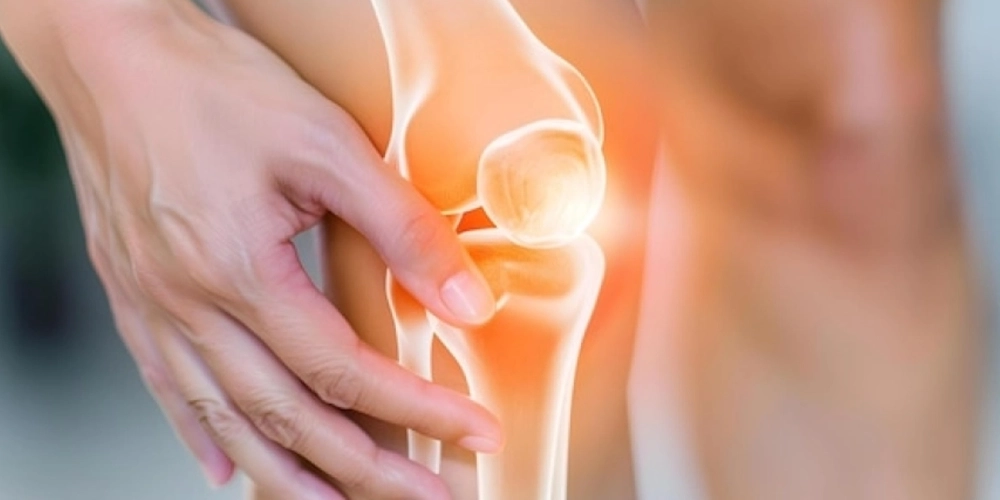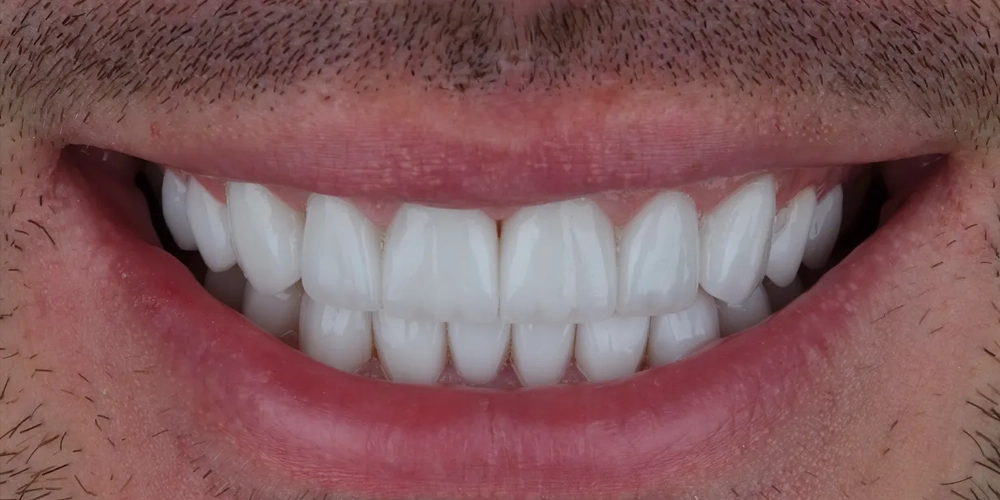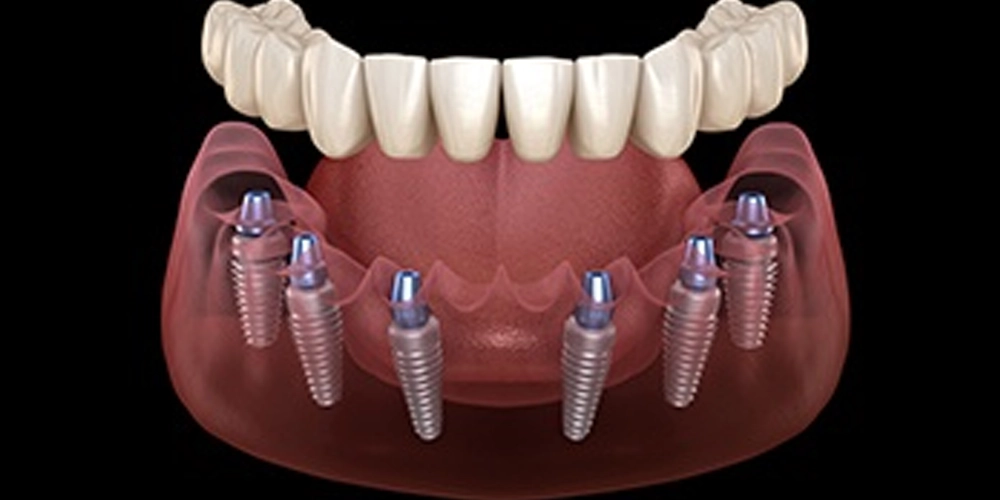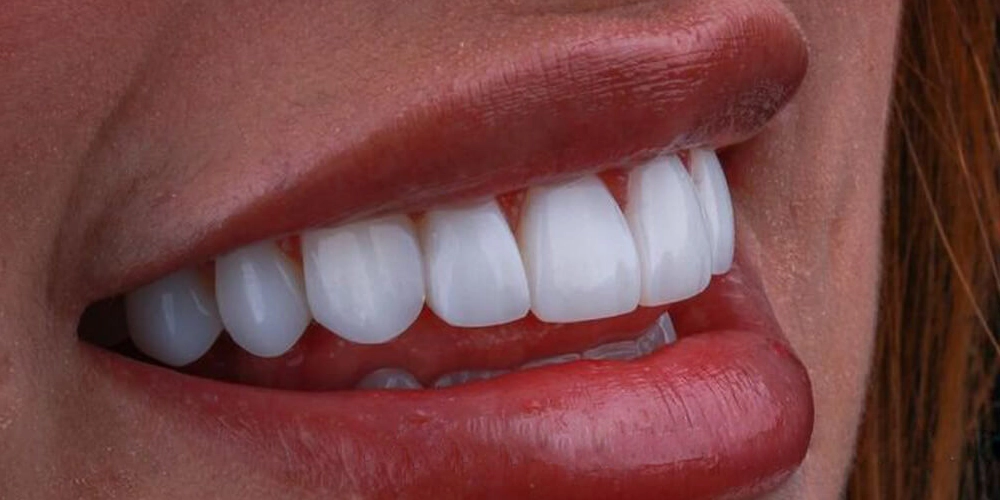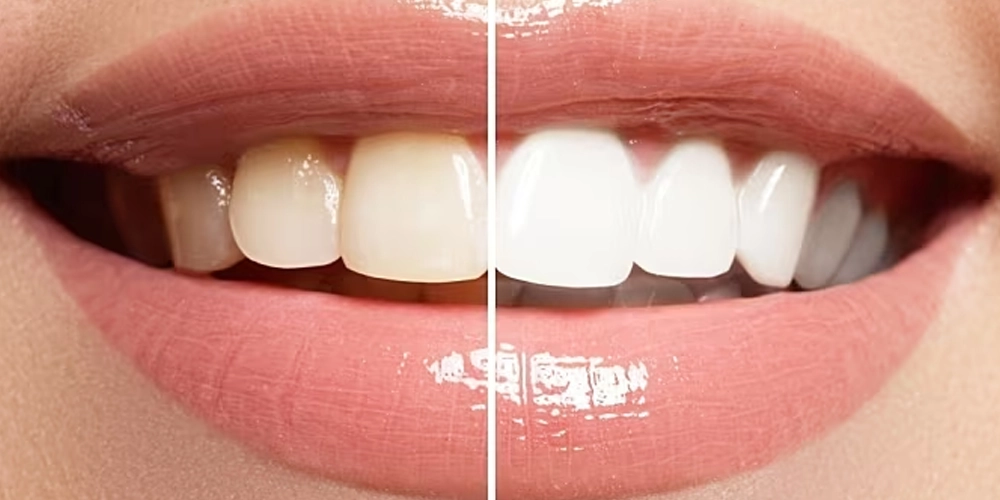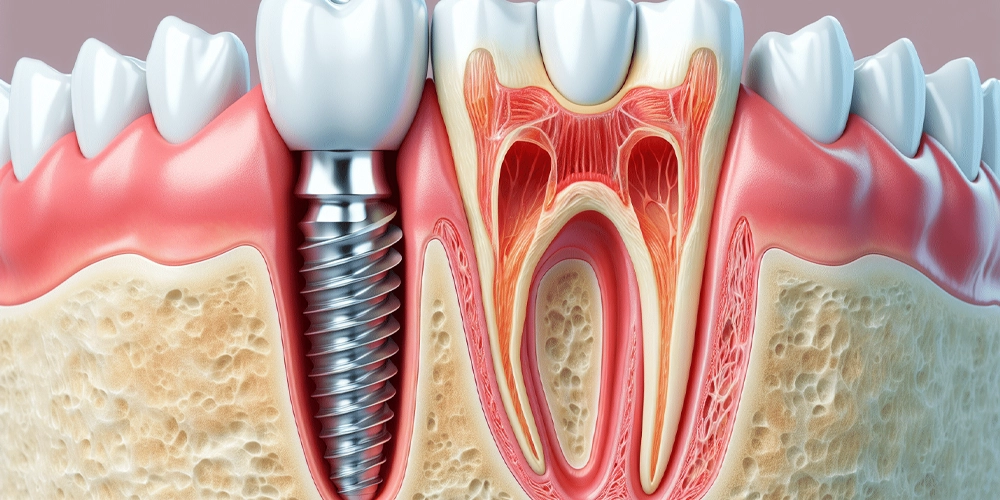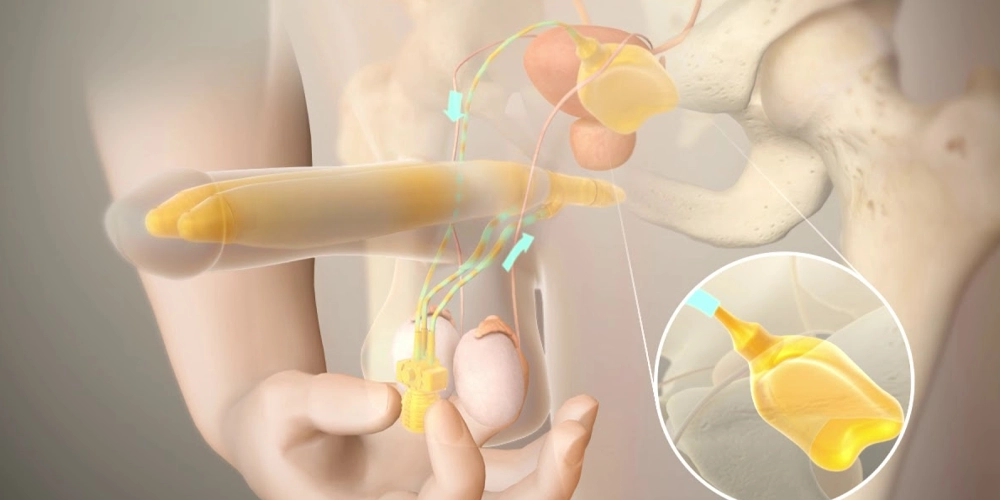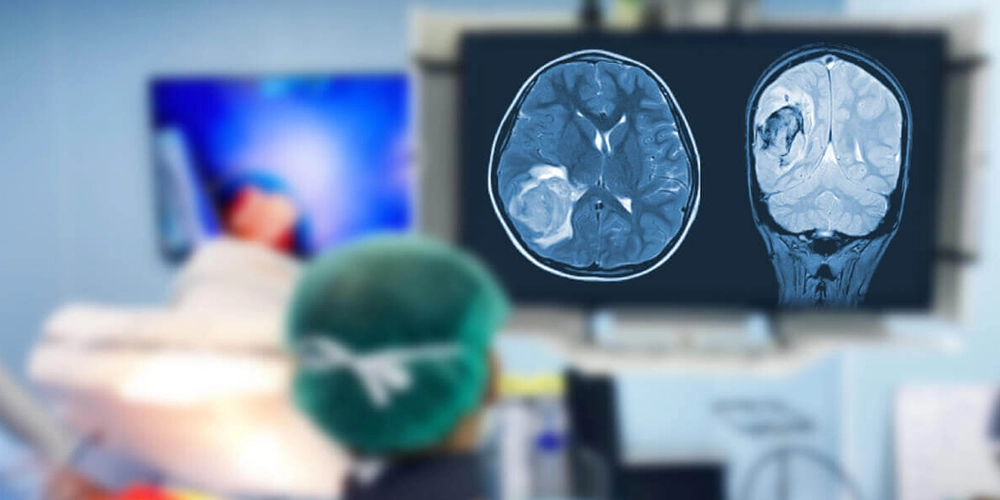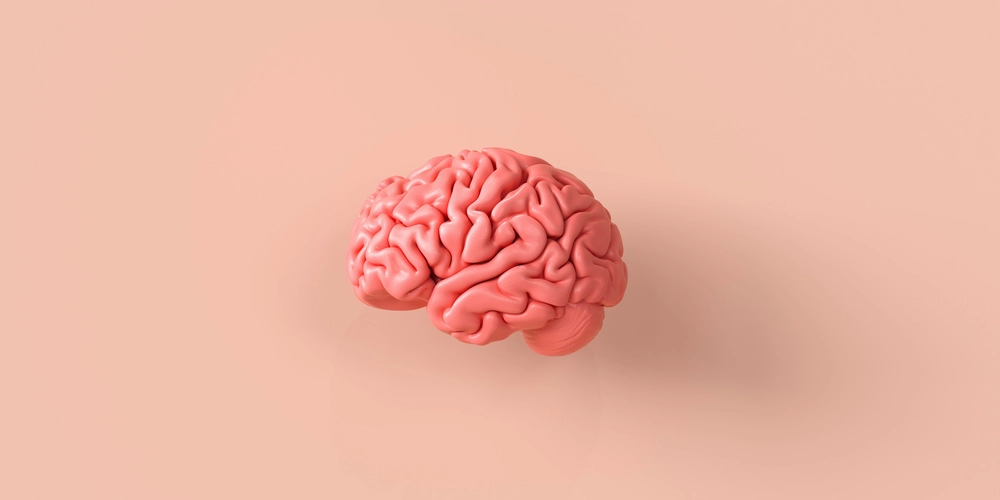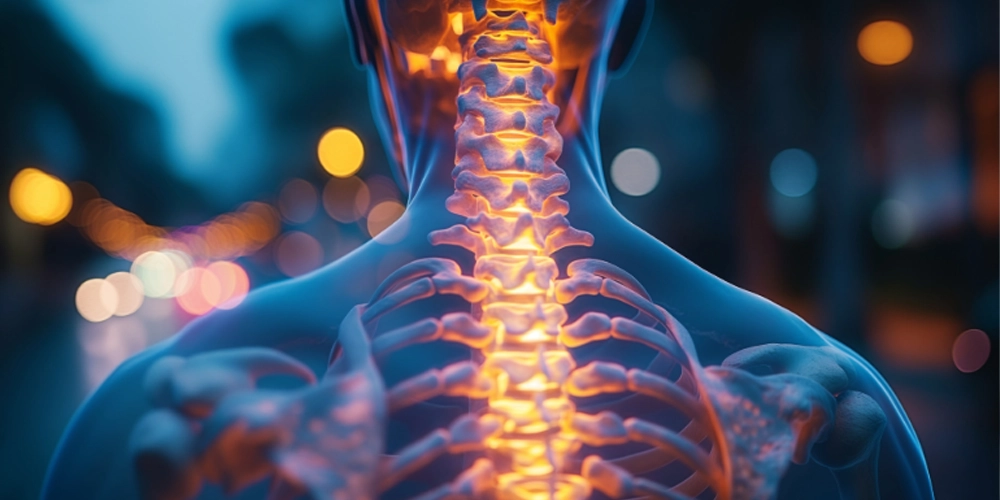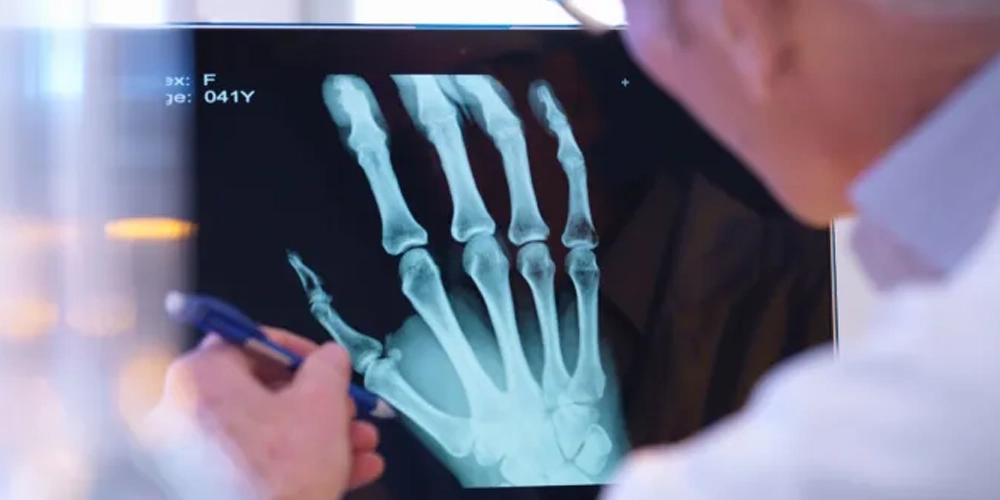

Trauma and Deformity Surgery
1 – 4 Hours
General or Regional Anesthesia
Few Months
GET OFFER
Overview
Trauma and deformity surgery is a specialized field of orthopedic surgery that addresses injuries like fractures, dislocations, and soft tissue damage. It also provides a solution for nonunion, a condition where a broken bone fails to heal properly, causing pain and a loss of function. This surgery uses various methods to treat nonunion, including bone grafting and internal or external fixation, to restore a bone’s ability to heal and correct deformities.
Trauma and Deformity Surgery at Atlas University Hospital: Restoring Your Mobility
At Atlas University Hospital, we specialize in trauma and deformity surgery, providing expert care for complex orthopedic conditions. Our experienced orthopedic surgeons are skilled in advanced techniques to treat nonunion (pseudarthrosis), helping to mend bones that have failed to heal. By choosing trauma and deformity surgery at Atlas University Hospital, you’re entrusting your care to a dedicated team focused on restoring your mobility, reducing pain, and improving your overall quality of life.
Why Choose Atlas University Hospital for Trauma and Deformity Surgery?
Choosing Atlas University Hospital for your trauma and deformity surgery means you’ll receive a comprehensive and highly personalized approach to care. Our patients trust us for our:
- Surgical Expertise: Our orthopedic surgeons are highly skilled in a variety of surgical techniques for treating nonunion and other complex conditions.
- Personalized Treatment Plans: We create a customized surgical plan based on the specifics of your injury and needs.
- Comprehensive Care: We provide full support, from your pre-operative evaluation to your post-operative rehabilitation.
- Advanced Facilities: All procedures are performed in our modern hospital in Istanbul, equipped with state-of-the-art technology.
The Trauma and Deformity Surgery Procedure at Atlas University Hospital
The trauma and deformity surgery procedure at Atlas University Hospital is a carefully planned and executed operation.
- Procedure: Trauma and Deformity Surgery (Nonunion Treatment)
- Duration: Typically 1-4 hours.
- Anesthesia: General or regional anesthesia is used for your comfort and safety.
- Location: All procedures are performed in the specialized surgical departments of Atlas University Hospital in Istanbul.
- Recovery: Recovery time varies, but a typical hospital stay is a few days. Full recovery can take several weeks to a few months.
Your Trauma and Deformity Surgery Journey: The Daily Plan at Atlas University Hospital
We provide a clear, day-by-day plan for your trauma and deformity surgery journey at Atlas University Hospital to ensure a supportive and structured experience.
- Day 1: Arrive in Istanbul and transfer to the hospital. You will have a pre-operative consultation and a detailed evaluation, including necessary tests like X-rays and CT scans.
- Day 2: Your trauma and deformity surgery (nonunion treatment) is performed. Post-operative pain is controlled, and a cast or splint may be applied. You will be monitored closely in the hospital.
- Day 3: You’ll have a post-operative check-up with your surgeon. Dressings will be changed, and you will receive instructions on movement restrictions or exercises. You will be discharged to your hotel.
- Days 4-5: You will rest at your hotel, adjusting your movements and activities as your doctor recommends.
- Day 14: You can return to your home country.
- Following Weeks/Months: You will participate in a physical therapy and rehabilitation program and have regular follow-up appointments with a local orthopedic surgeon in your home country.
Post-Operative Care from Atlas University Hospital
Following your post-operative instructions from Atlas University Hospital is vital for a smooth and successful recovery.
- Medication: Take all prescribed medications regularly to manage pain and prevent infection.
- Wound Care: Follow your wound care instructions carefully and watch for any signs of infection.
- Activity: Adjust your movements and activities as advised by your doctor to protect the surgical site.
- Rehabilitation: Participate in a physical therapy and rehabilitation program to regain strength and function.
- Follow-up: Schedule a follow-up appointment with a local orthopedic surgeon in your home country for continued care.
Frequently Asked Questions about Trauma and Deformity Surgery
Q: Is trauma and deformity surgery painful? A: Post-operative pain is expected, but it is effectively managed with pain medications prescribed by your doctor.
Q: How long will I need physical therapy after surgery? A: The duration of physical therapy varies based on the procedure and your individual recovery, but it is a crucial part of the healing process.
Q: What are the risks of trauma and deformity surgery? A: As with any surgery, there are risks like infection, bleeding, and nerve or vascular damage. Other risks include implant problems or joint stiffness. Your surgeon will explain these risks in detail.
Q: Who is a suitable candidate for trauma and deformity surgery? A: This surgery is suitable for people with complex orthopedic issues, including unhealed fractures (nonunion), dislocations, soft tissue injuries, or bone deformities. Your surgeon will perform a thorough evaluation to determine if surgery is the right treatment for you.

